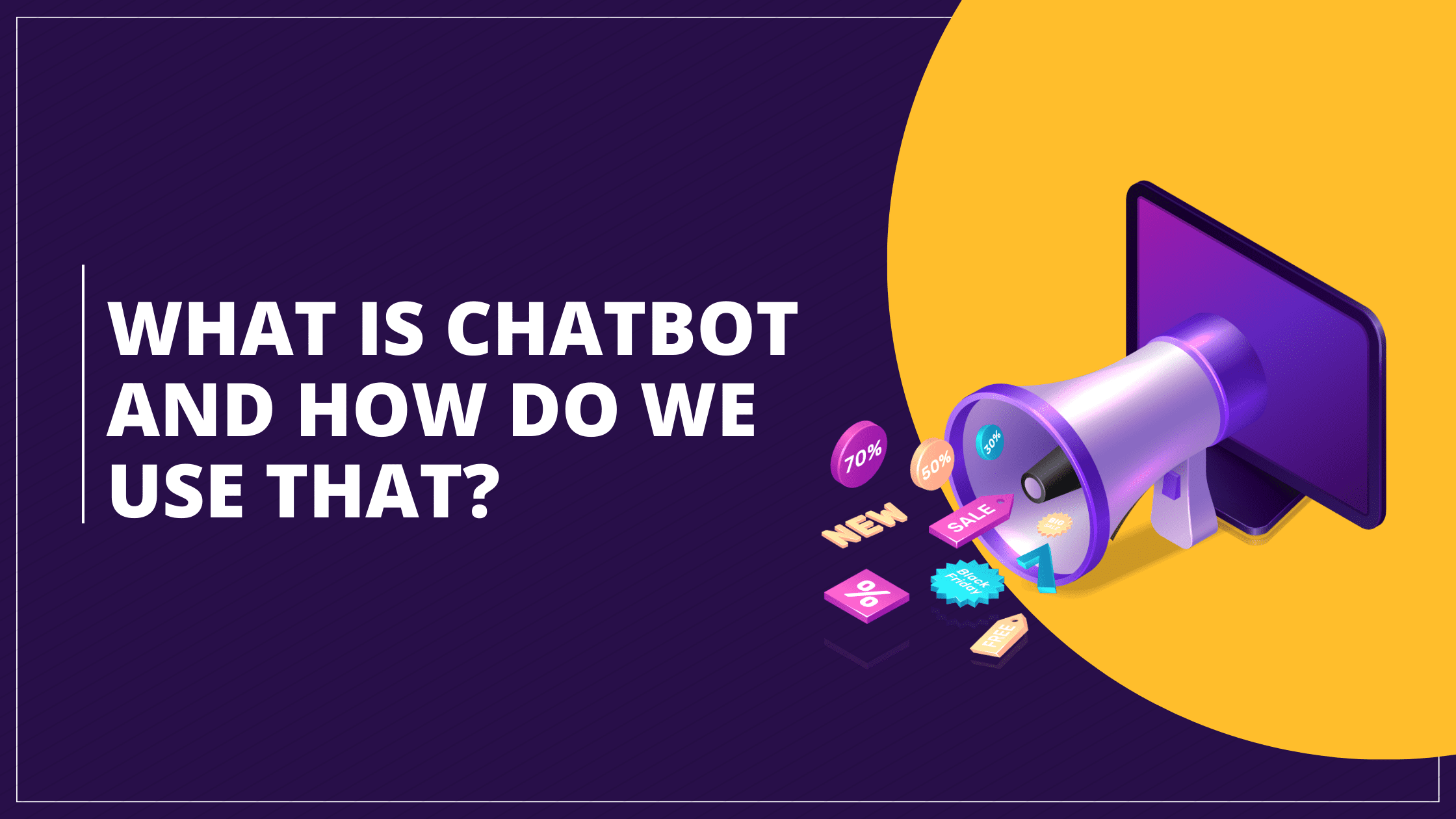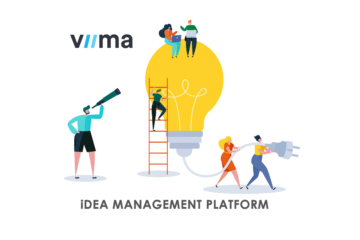What Is Chatbot And How Do We Use That?
Have you ever experienced that interesting scenario where you’re on a phone call, and mid-conversation, you suddenly realize you’re not actually speaking with a human being? It’s quite likely that you encountered a voice chatbot following a pre-recorded script. Personally, I must admit I’m not a big fan of those! What Is Chatbot? How Do We Use Chatbot?
You see, certain unscrupulous companies utilize these “phone call bots” and “automatic robot dialers” for various mass-marketing frauds, which is quite concerning.
However, it’s important to note that not all chatbots are negative. In fact, some of them serve incredibly valuable purposes. Voice assistants like Siri and virtual support agents are prime examples of how chatbots have become indispensable in the technology landscape of the 21st century.
Now, the question arises: What is a chatbot, and how can we effectively leverage its potential? I’d love to delve into this topic and gain some deeper insights together.
Also Read: What is Artificial Intelligence And Machine Learning?
What Is A Chatbot?
A chatbot is essentially a nifty computer program designed to mimic human conversation, whether it’s through voice commands or text chats, or even a combination of both. It’s often referred to as “chatterbot,” a shortened version of the term. The fascinating part is that it’s powered by artificial intelligence (AI), which allows it to smartly engage with users.
These clever little chatbots can be seamlessly integrated into various major messaging applications, making them incredibly versatile and accessible to a wide audience. Whether you’re interacting with them on a website, social media platform, or messaging app, they’re always ready to provide helpful responses and assist with a range of tasks.
From customer support to answering FAQs, providing recommendations, and even spicing up your daily conversations with some fun banter, chatbots have become a game-changer in the realm of human-computer interaction. They not only save time and resources for businesses but also enhance the overall user experience.
With advancements in AI technology, chatbots have become increasingly sophisticated, enabling more natural and context-aware conversations. And it’s only getting better as AI continues to evolve.
How Do We Use Chatbots?
There are several use cases of chatbots today. They help make business flow much easier. Here are some cases in which we can use chatbots;
Customer Support
Customer support is among the most prevalent uses of chatbots. They are employed on websites, social media platforms, and messaging apps to interact with customers, answer frequently asked questions, provide product information, and assist with basic troubleshooting. Chatbots have the capability to manage multiple customer queries at the same time, resulting in faster response times and elevated customer contentment.
E-commerce
Many online retailers integrate chatbots into their websites to guide shoppers through the buying process. These chatbots act as virtual shopping assistants, suggesting products based on user preferences, helping customers find specific items, and processing orders efficiently.
Virtual Assistants
Chatbots like Siri, Google Assistant, and Amazon’s Alexa serve as virtual assistants on smartphones, smart speakers, and other devices. Users can ask questions, set reminders, check the weather, control smart home devices, and perform various tasks using voice commands.
Information Retrieval
Chatbots are utilized to retrieve information from databases or knowledge bases quickly. They can provide real-time updates on news, weather, sports scores, stock prices, and other factual information.
Lead Generation and Qualification
In marketing and sales, chatbots play a crucial role in lead generation and qualification. They engage website visitors, collect contact information, and qualify potential leads based on predefined criteria, allowing sales teams to focus on more promising prospects.
What Are The Benefits Of Chatbots?
Chatbots offer numerous benefits across various industries and sectors. Below are some of the primary benefits of employing chatbots:
● 24/7 Availability: Unlike human operators, chatbots can work round-the-clock without any breaks. This enables businesses to provide instant customer support and assistance at any time of the day, enhancing customer satisfaction and retention.
● Cost-effectiveness: The integration of chatbots can lead to substantial reductions in operational expenses for enterprises. They require less overhead compared to human employees and can handle a large number of customer inquiries simultaneously, thereby reducing the need for a large customer support team.
● Quick Response Times: Chatbots are designed to provide immediate responses to customer queries, leading to faster problem-solving and reduced wait times. This helps in enhancing the overall customer experience and ensures that customers receive timely assistance.
● Scalability: As the volume of customer queries increases, scaling up a chatbot’s capabilities is relatively easy. Chatbots can handle multiple conversations simultaneously, ensuring that there are no bottlenecks during peak periods.
● Consistency: Unlike humans, who might have variations in responses due to factors like mood and fatigue, chatbots provide consistent and standardized answers to customer queries. This ensures that customers receive accurate and uniform information.
● Personalization: Advanced chatbots can be integrated with customer databases and historical interactions, allowing them to offer personalized recommendations and solutions based on a customer’s preferences and past behavior.
FAQs
Is it possible for a chatbot to generate code?
Google has introduced its AI-driven chatbot called Bard, which has the capability to write, troubleshoot, and elucidate code in over 20 programming languages. This functionality has been highly sought-after by users, according to Google. Additionally, Bard can export Python code to Google Colab and create functions within Google’s spreadsheet editor, Sheets.
Which programming language is employed in developing chatbots?
Java serves as an ideal choice for programming AI chatbots due to its general-purpose and object-oriented nature. Chatbots developed using Java can be executed on any system equipped with Java Virtual Machine (JVM). Moreover, Java’s support for multi-threading enables enhanced performance compared to other languages on the roster.
Conclusion
Chatbots have become a pivotal component of modern human-computer interaction, fueled by their ability to mimic human conversation through artificial intelligence. As versatile applications, they serve in customer support, e-commerce, virtual assistants, information retrieval, lead generation, and more. Embracing chatbots offers businesses the advantages of 24/7 availability, cost-efficiency, quick response times, scalability, consistency, and personalization. However, while chatbots demonstrate significant potential for positive contributions, it’s important to remain cautious of certain unethical applications in the form of mass-marketing frauds.
Must follow www.roysumit.com for future updates.



